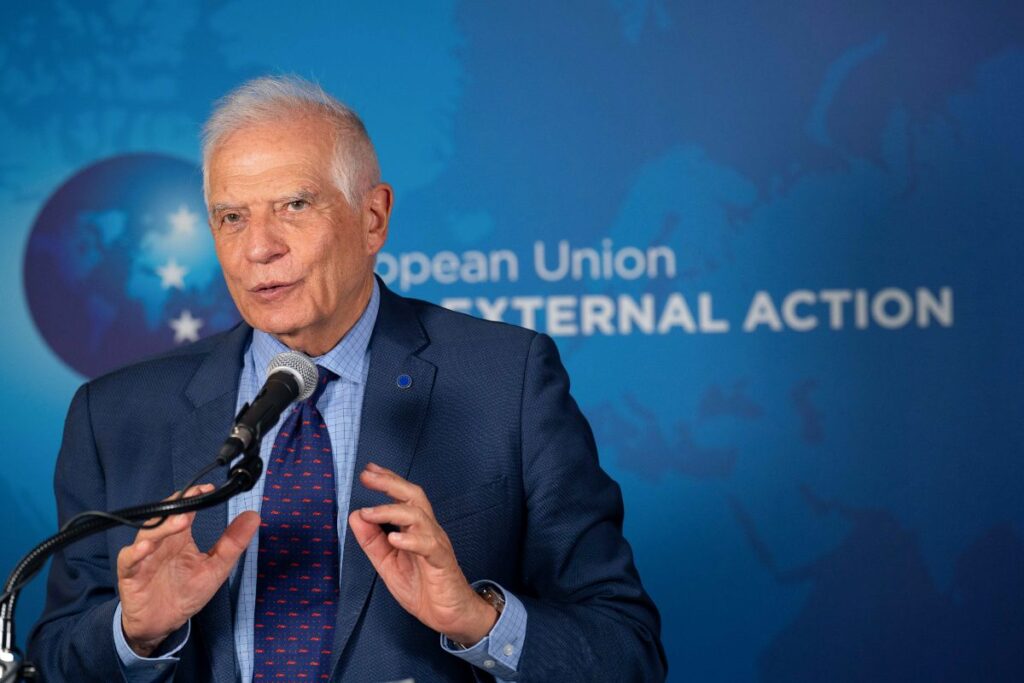The European Union issued a strong condemnation Tuesday of Russia’s intensifying campaign of hybrid activities against the EU such as cyber-attacks and information manipulation.

These activities illustrated Russia’s reckless and irresponsible behaviour and its disregard for the rules-based international order and international law, said the EU foreign affairs chief Josep Borrell in a statement.
“We have detected an increasing number of a broad range of activities against the EU and its Member States, including cyber-attacks, information manipulation and interference campaigns, cases of arson, vandalism and sabotage, including against our critical infrastructure as well as instrumentalisation of migration and other disruptive actions. Russia also continues to disrupt satellite communications, violate European airspace and conduct physical attacks against individuals on the territory of the EU.
“These malicious activities are part of a broad coordinated hybrid campaign directed by Russia as an attempt to divide our society, destabilise and weaken the EU and its Member States and our resilience as well as to undermine our support to Ukraine and its ability to defend itself.
“This will not succeed: we will act united and determined to address these activities and hold perpetrators accountable. Our support to Ukraine will remain solid and unwavering for as long as it takes.”
The EU Council will establish a new framework for restrictive measures against Russia in response to its destabilising actions abroad such as cyber-attacks and information manipulation.
The new framework will allow the EU to target individuals and entities engaged in actions and policies by the government of the Russian Federation, which undermine the fundamental values of the EU and its member states, their security, independence and integrity, as well as those of international organisations and third countries.
The EU will use the framework to address a variety of hybrid threats, such as: the undermining electoral processes and the functioning of democratic institutions; threats against and sabotage of economic activities, services of public interest or critical infrastructure; the use of coordinated disinformation, foreign information manipulation and interference (FIMI); malicious cyber activities, the instrumentalisation of migrants, and other destabilizing activities.
The decision, based on a proposal by Mr Borrell, is part of the EU’s response to the continued campaign of hybrid activities by Russia, which has recently increased through new operations on European soil.
Under the newly established framework, those designated will be subject to an asset freeze and EU citizens and companies will be forbidden from making funds available to them. In addition, natural persons will also be subject to a travel ban, which will prevent them from entering or transiting through EU territories.
European Council Conclusions (27 June 2024)
Timeline – EU sanctions against Russia (background information)
EU response to Russia’s war of aggression against Ukraine (background information)


